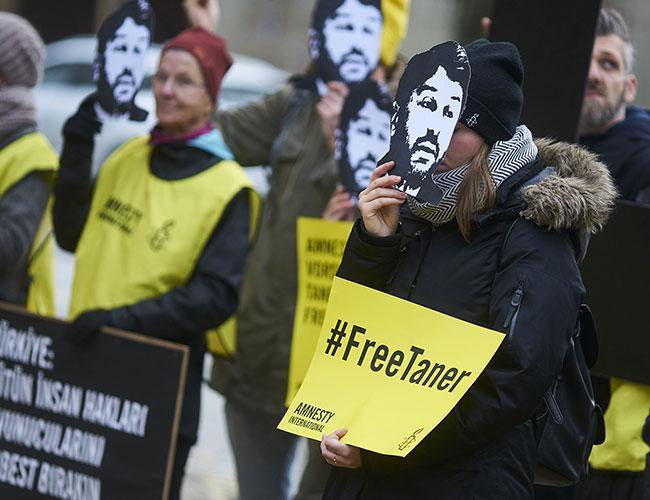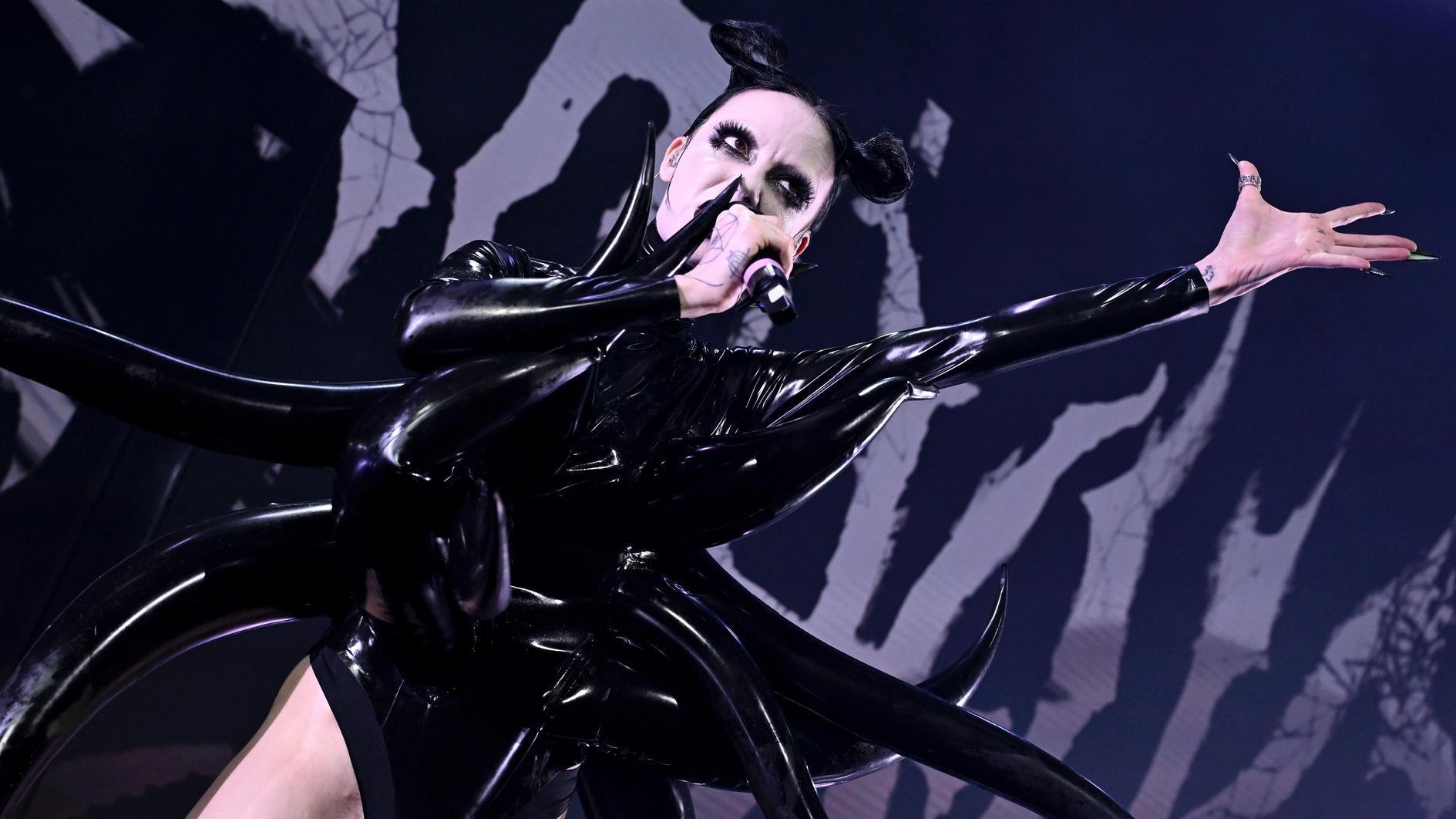EU urges Turkey to provide ‘fair trial’ for Amnesty chairman
BRUSSELS

The EU on June 7 urged Turkey to provide “a fair trial, in line with European rights standards,” to Amnesty International’s Turkey chair Taner Kılıç, who has been in jail for the past year.
“The authorities in Turkey - a EU candidate country and a member of the Council of Europe - need to ensure the right to fair trail, a legal process, on the basis of the principle of presumption of innocence and in line with the European Convention of Human Rights and the case-law of the European Court of Human Rights,” a spokesperson for the European Commission said in a statement.
Amnesty on June 6 vowed to intensify efforts to win freedom for Kılıç, one of dozens of journalists and rights activists jailed in the wake of the July 2016 coup attempt.
Tens of thousands of people have since been arrested including military and civilian bureaucrats, journalists, civil society representatives and academics accused of having links to outlawed leftist groups or what the authorities call the Fethullahist Terrorist Organization (FETÖ), widely believed to have orchestrated the coup attempt.
Kılıç was detained on June 6, 2017 in what Amnesty describes as the “baseless charge of belonging to a terrorist organization,” based on the allegation that he downloaded ByLock, a messaging application the authorities say was used by followers of U.S.-based Islamic preacher Fethullah Gülen, a former close ally of the government but now its nemesis. He was formally arrested and jailed three days later on June 9, 2017.
Ten other human rights defenders, including İdil Eser, the director of Amnesty International Turkey, were detained one month later. Eight of them were held for almost four months before being released on bail at their first hearing in October 2017.
More than a million people from 194 countries and territories have signed Amnesty International appeals demanding the release of Kılıç and all other human rights defenders in imprisoned in Turkey. The campaign for his release has been supported by governments, artists and celebrities including Ben Stiller, Sting, Zoë Kravitz, Zach Galifianakis and Ai Weiwei.
The U.S. mission to the Organization for Security and Co-operation in Europe (OSCE) also voiced concerns over Kılıç’s case on April 12.
“We are closely following Mr. Kılıç’s case, along with cases against other respected human rights defenders, journalists, civil society leaders, and opposition politicians — all of whose prosecution under the ongoing state of emergency has chilled freedom of expression. These cases raise serious concerns about respect for judicial independence and the fair trial protections enshrined in the Turkish constitution,” Chargé d’Affaires of the U.S. mission to OSCE Michele M. Siders said at a meeting in Vienna.
The European Union’s relations with Turkey have been blighted by a series of rows in recent years, particularly since the Turkish state launched a sweeping crackdown in the judiciary and other institutions following the coup attempt.
Turkey applied for EU membership in 1987 while accession talks officially began in 2005.
However, negotiations stalled in 2007 due to the objections of the Greek Cypriot administration on the divided island of Cyprus, as well as opposition from Germany and France.
To gain membership, Turkey has to successfully conclude negotiations on 35 policy chapters that involve reforms and the adoption of European standards.
As of May 2016, a total of 16 chapters had been opened and one concluded. However, in December 2016 the EU’s member states said no new chapters would be opened.
















